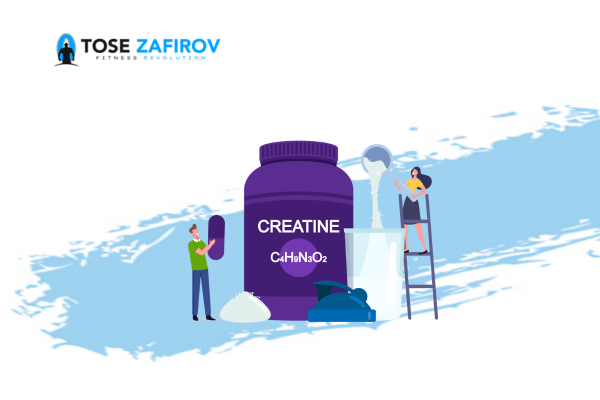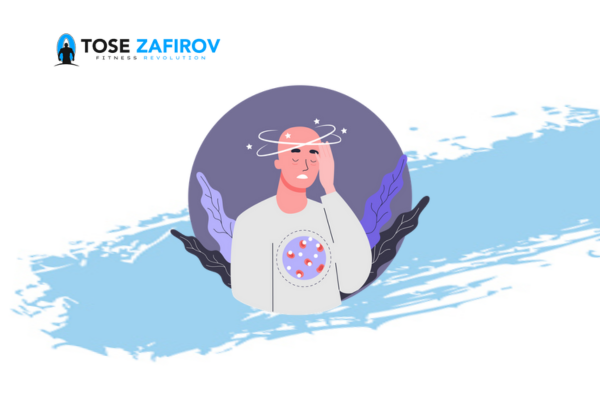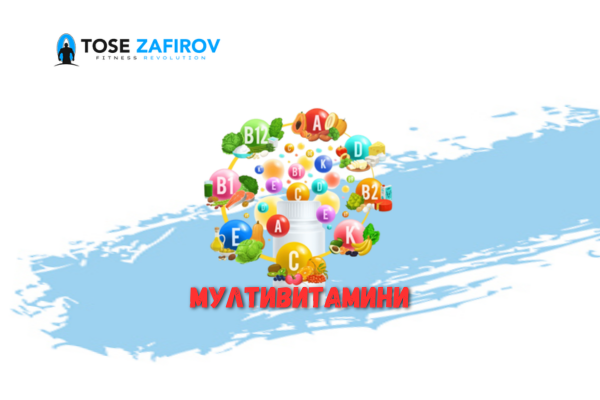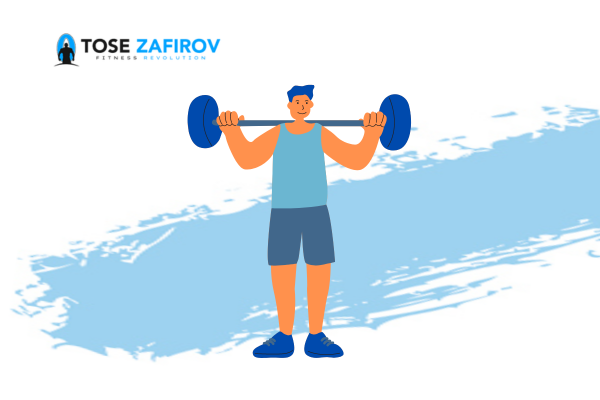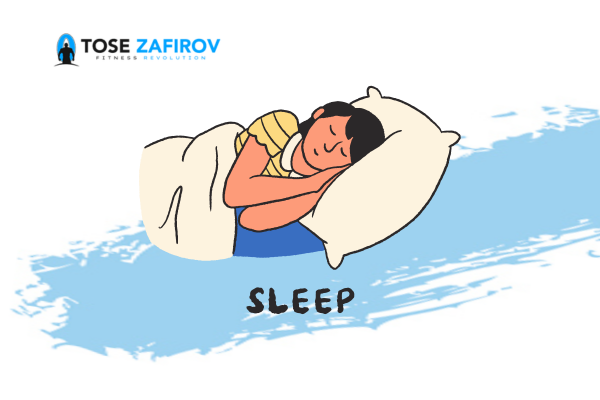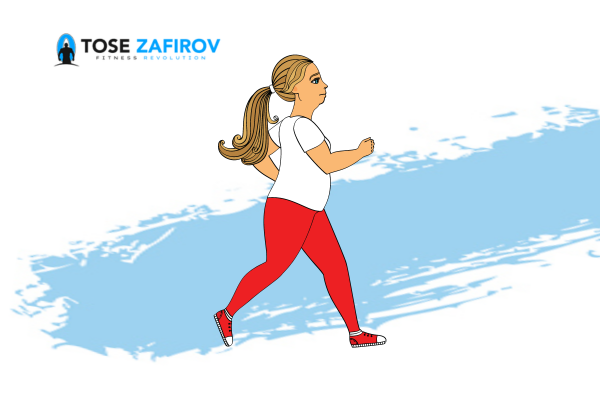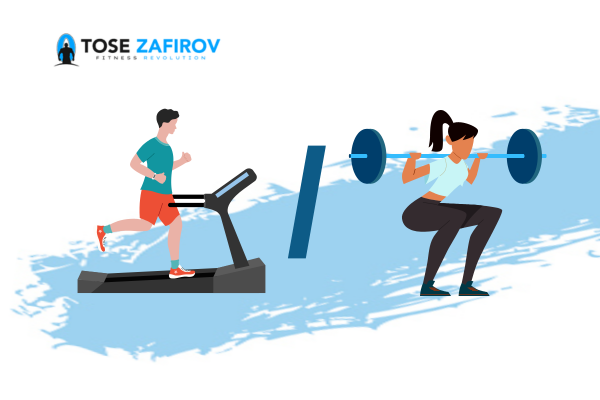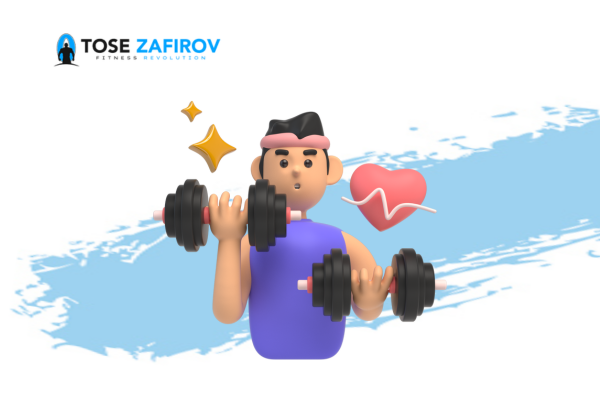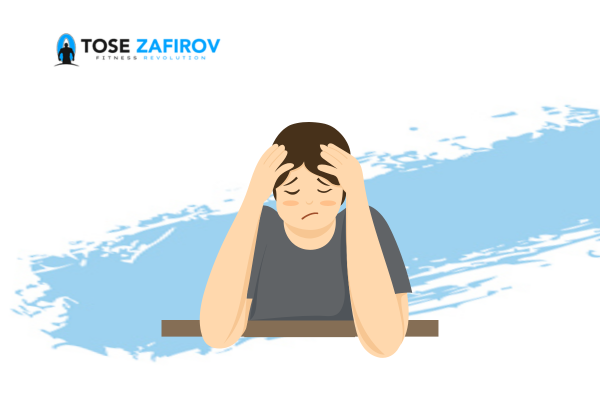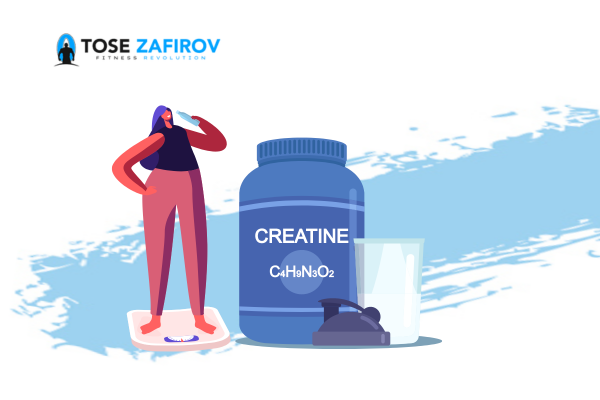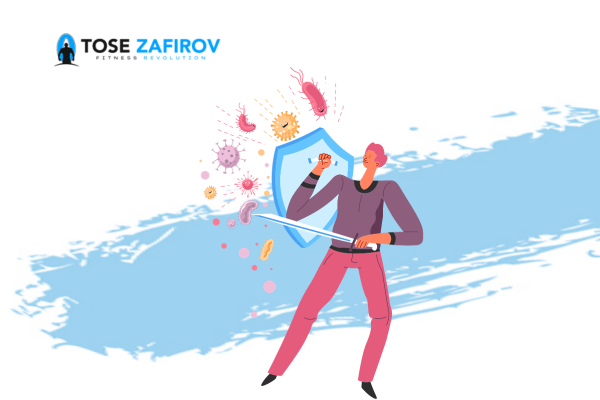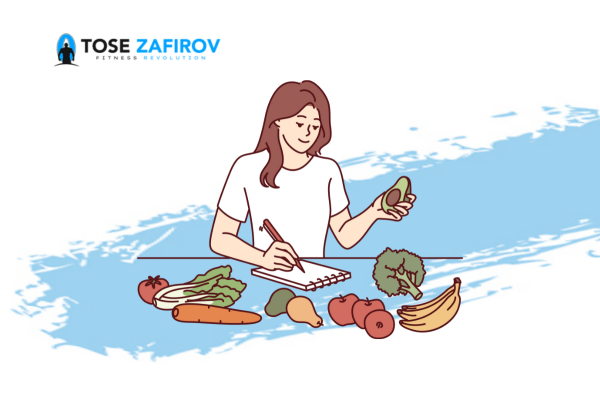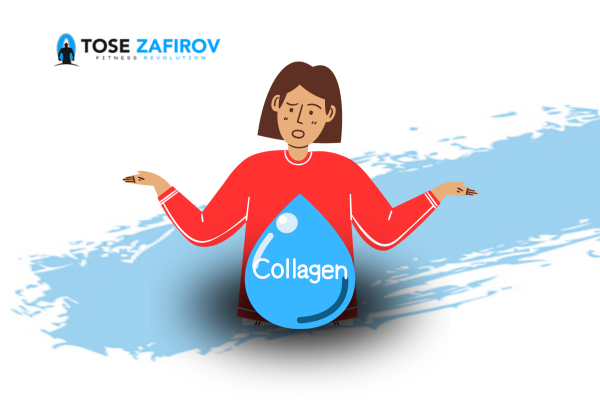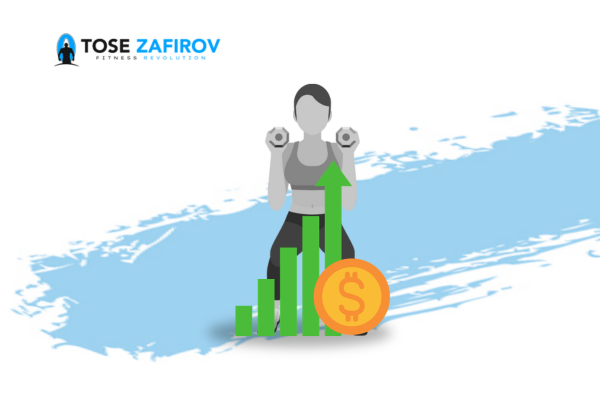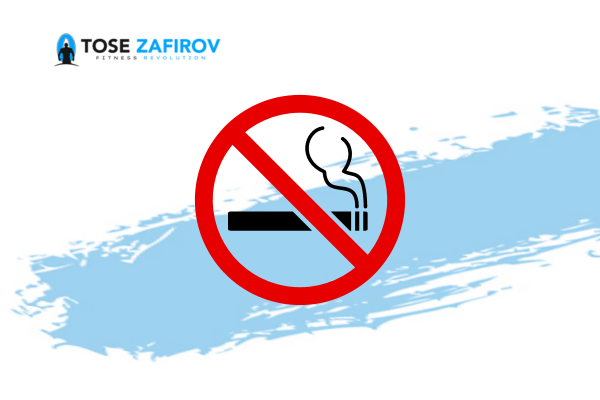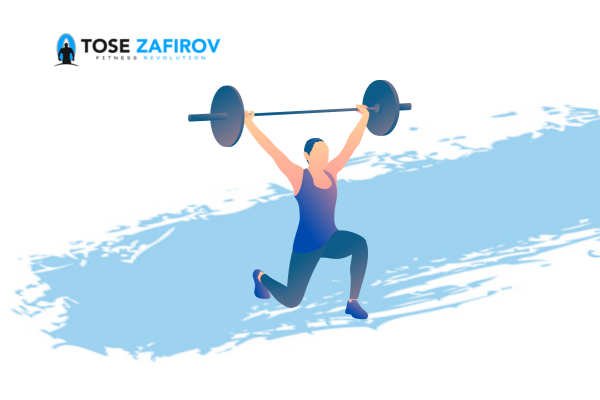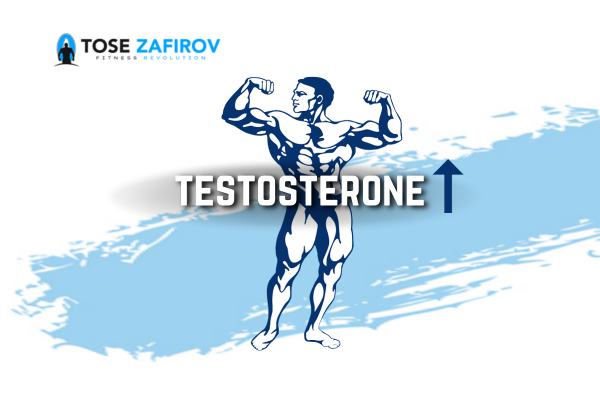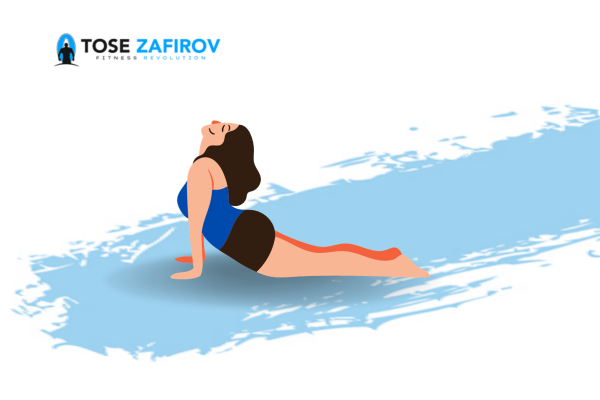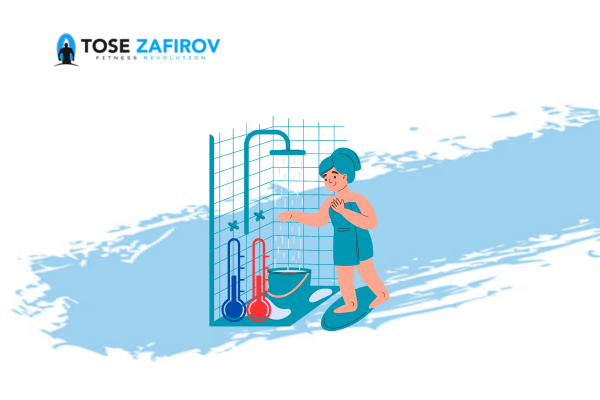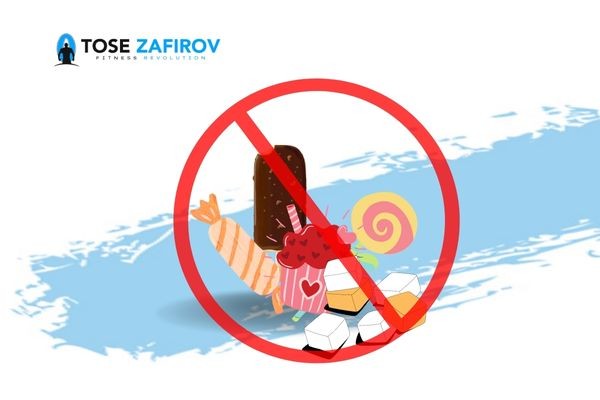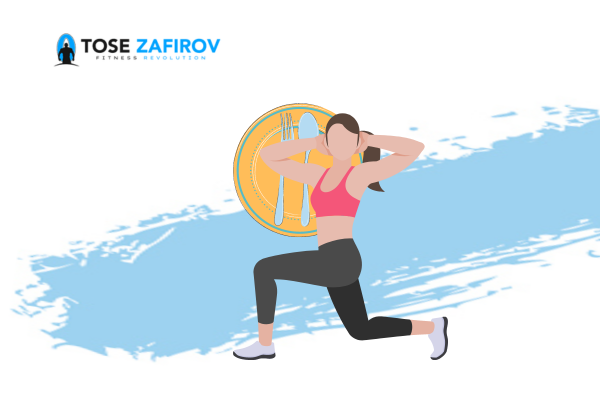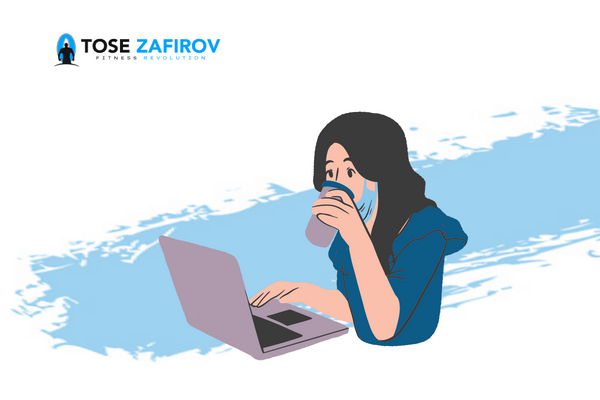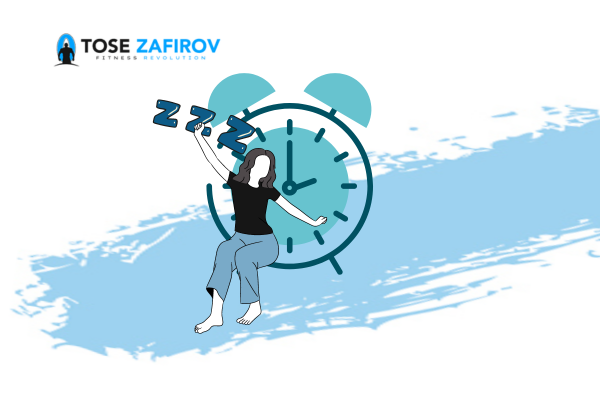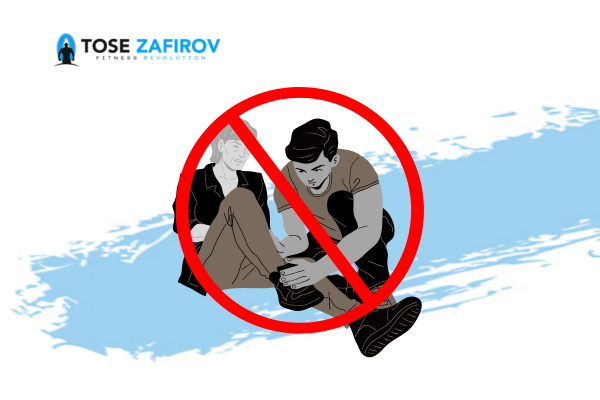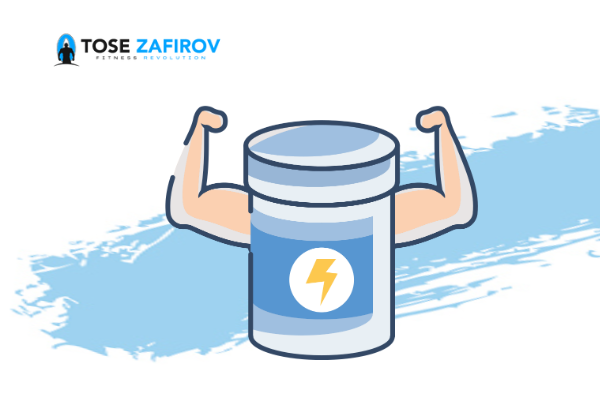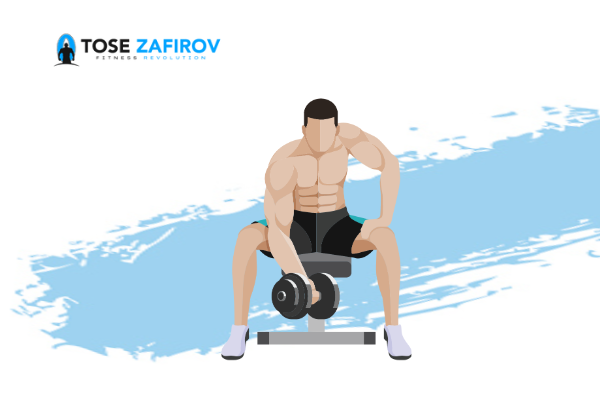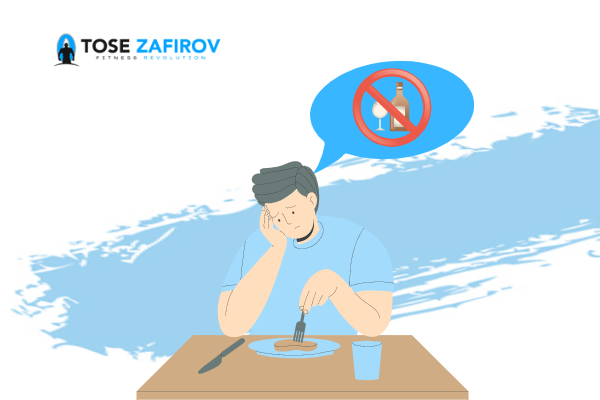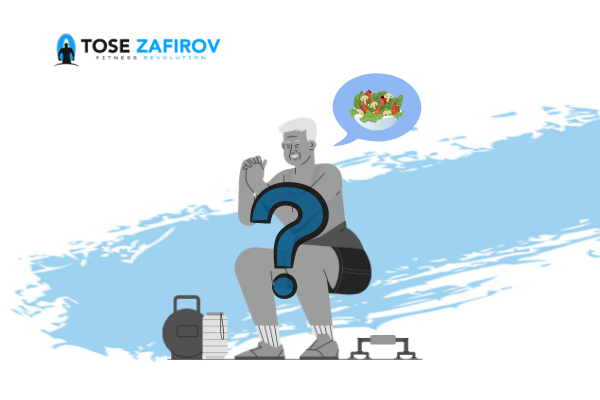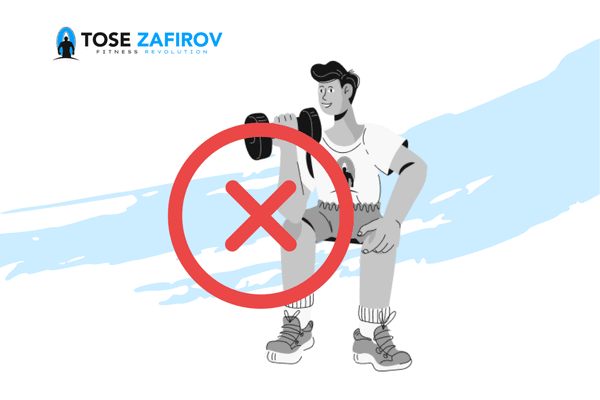How many times have you found yourself sitting at your desk or at the gym trying unsuccessfully to focus on a particular task? Whether you’re studying for college, trying to complete a project at work, or nailing a successful workout, it’s likely that your mind wanders to other places, and despite your best efforts, you can’t concentrate.
Concentration is a very powerful ability. It can help you focus, think and make decisions faster, solve problems more easily and remember more information. If you think of acquiring knowledge or completing a particular task as a journey to a distant city, then concentration is actually the fuel in the car that will keep you moving to reach your destination.
Key Takeaways:
- Concentration’s Crucial Role: Concentration acts as the fuel driving your journey toward success, aiding focus, quick thinking, decision-making, and memory retention.
- Factors Affecting Focus: Distractions, age, sleep, injuries, and mental health conditions can impact concentration and attention span.
- Strategies for Enhanced Concentration: Implement techniques such as eliminating distractions, task prioritization, brain training, meditation, exercise, breaks, proper sleep, and single task focus to bolster your concentration.
- Additional Aids: Incorporating elements like music, a balanced diet, and moderate caffeine consumption can further contribute to improved focus and attention.
Factors that affect concentration
Both attention span and concentration can vary for a number of reasons. Some people just have a harder time tuning out distractions. Age and lack of sleep can affect concentration.
Most people forget things more readily as they age, and decreased concentration can accompany memory loss. Head or brain injuries, such as concussion, as well as certain mental health conditions can also affect concentration.
It’s easy to become frustrated when you’re trying to concentrate but just can’t. This can lead to stress and irritation, which tends to make focusing on what you need to do even more of a distant dream.
If that sounds familiar, keep reading to learn more about research-backed methods to help improve your concentration. We’ll also go over some conditions that can affect concentration and steps to take if trying to increase concentration on your own just doesn’t seem to help.
Warning
factors, including aging, lack of sleep, injuries, and mental health
conditions, which can lead to frustration and stress; continue reading for
solutions to enhance your focus.
Ways to improve your focus at work
Here are 13 ways you can help to improve your mental focus and concentration
1. Eliminate distractions
You will be more productive and have a better chance of staying focused when you remove anything in your surroundings that might cause interruptions. If feasible, try keeping your phone in a different room or staying offline to minimize distractions and improve your focus overall. Working alone or in a quiet environment will also make you more focused.
2. Prioritize your tasks
If you have a lengthy number of tasks to complete, it can be beneficial to not only create a to-do list, but to also rank each item by its level of importance. This lets you focus on one task at a time, allowing you to methodically work through your tasks instead of simply being overwhelmed and likely ineffectual.
3. Train your mind
Engaging in various brain training activities is a great way to improve your cognitive abilities and subsequently, your ability to stay focused. When you instruct your brain to become more disciplined, you can become more active in paying attention to the task in front of you.
Pro Tip
Enhance your focus by regularly engaging in brain training activities that boost cognitive abilities and cultivate greater discipline in directing your attention to tasks.
4. Work in a quiet space
When you’re working alone or in a secluded area, you’re more apt to get more work done. A quiet environment can help you improve your focus as it ensures you won’t be interrupted by colleagues or other noisy distractions from your workplace environment.
5. Try meditation
Taking the time to relax, breathe and meditate can greatly improve your cognitive abilities, including mental focus and concentration. Try practicing yoga to strengthen your ability to concentrate in the workplace.
Pro Tip
Elevate your cognitive abilities and concentration by incorporating meditation and yoga practices into your routine, fostering relaxation and mental focus.
6. Exercise
Exercising regularly stimulates your brain and keeps it refreshed. Engaging in physical activity will also improve memory capacity and overall concentration. Not only will it help you stay energized, but it’ll also give you the extra boost you need to stay focused and on task at work.
7. Take breaks
Taking time for yourself is a great way to avoid burnout. While steadily completing tasks is important, giving your mind time to recharge and relax can be greatly beneficial for your mental health. If you’re stuck on a task, walking away for a short while can provide you with a fresh perspective. Taking a break and allowing your brain time to shut down can also provide you with the momentum you need when you return to work and improve your focus on the task at hand.
8. Get a good night’s sleep
Sleeping at least eight hours a night is a great way to make sure you’re in your best physical and mental state when you arrive at work. Being sleepy causes you to slow down. Getting a good night’s rest, on the other hand, allows you to remain alert and awake—especially during the morning hours.
9. Focus on one thing at a time
When you direct your attention toward one sole task, your risk of distraction minimizes. Rather than multitasking, keep your brain actively engaged on one thing at a time. Improve your quality of work and your attention span by focusing on one task first, then moving onto the next.
Pro Tip
Boost your attention span and work quality by focusing on single tasks at a time, minimizing distractions and enhancing engagement compared to multitasking.
10. Allot time to certain tasks
When determining what tasks you need to complete, consider the length of time you’ll need to complete each. Scheduling out your day and exercising your time management skills will help you complete your work more efficiently and help you stay on top of it all. For example, allot 8-10 a.m. to complete task one, 10-11 a.m. to complete task two and so forth.
Learning how to focus by applying helpful tactics to improve your attention span can help you become a better employee. Though distractions are bound to arise, learning how to deal with them as well as determining what will work well for you, are great starting points to consider.
11. Listen to music
Turning on music while working or studying may help increase concentration, but this will depend on the individual.Even if you don’t enjoy listening to music while you work, using nature sounds or white noise to mask background sounds could also help improve concentration and other brain functions, according to research.Not everyone agrees that music is helpful, especially when studying a challenging topic.
12. Vary your diet
The foods you eat can affect cognitive functions like concentration and memory. To boost concentration, avoid processed foods, too much sugar, and very greasy or fatty foods.Staying hydrated can also have a positive impact on concentration. Even mild dehydration can make it harder to focus or remember information.
13. Drink caffeine
There’s no need to include caffeine in your diet if you prefer to avoid it, but research Trusted Source does suggest caffeine can benefit your attention and focus. If you feel your concentration starting to drop, consider a cup of coffee or green tea. A serving of dark chocolate — 70 percent cacao or higher — can have similar benefits if you don’t enjoy caffeinated beverages.
Benefits of staying focused
Staying committed to a central task can be greatly beneficial in the workplace. No matter the industry you work in, working to improve your focus and increasing your attention span can propel your professional success. Here are four benefits of being focused at work:
1. Builds momentum
When you stay focused on one assignment, you’re more apt to complete it with greater efficiency. Your ability to finish tasks at a quicker pace can motivate you to move onto the next. Knowing you’re capable of getting things done will help you stay positive and motivate you to achieve your next goal.
2. Increases productivity
The more you’re able to stay on task, the more tasks you’ll be able to complete overall. Minimizing distractions is a great way to stay in the zone and allow your brain to process what needs your attention. As a working professional, you’re more apt to get more work done when you centralize your attention.
3. Reduces stress
By staying on task and increasing your productivity, you’ll also be minimizing any tension and pressure that’s built up. When you’re focused on one sole assignment, you’re able to check more items off your to-do list and free up more time in your work schedule. Your ability to direct your energy will guarantee you don’t fall behind on work and that you aren’t rushing to meet deadlines last minute.
4. Produces better quality of work
Your ability to focus is instrumental to your success in the workplace. The more time and concentration you’re able to devote to one task, the greater the quality of work you’ll produce. Not only will you be completing tasks quicker, but you’ll also be ensuring they’re free from errors.
Note
Remaining dedicated to a central task holds significant workplace advantages, fueling professional success across industries by building momentum, boosting productivity, reducing stress, and elevating the quality of work produced.
Bottom Line:
Whether you’re dealing with too many competing priorities, lack of sleep, or just a simple dose of the “Mondays,” not being able to focus can really put a damper on your productivity.That’s why it’s important to have a few simple tips and tricks at your fingertips, like the ones we described above. Knowing how to zone in on what needs to be done can help you stay on track with your most important daily tasks.


